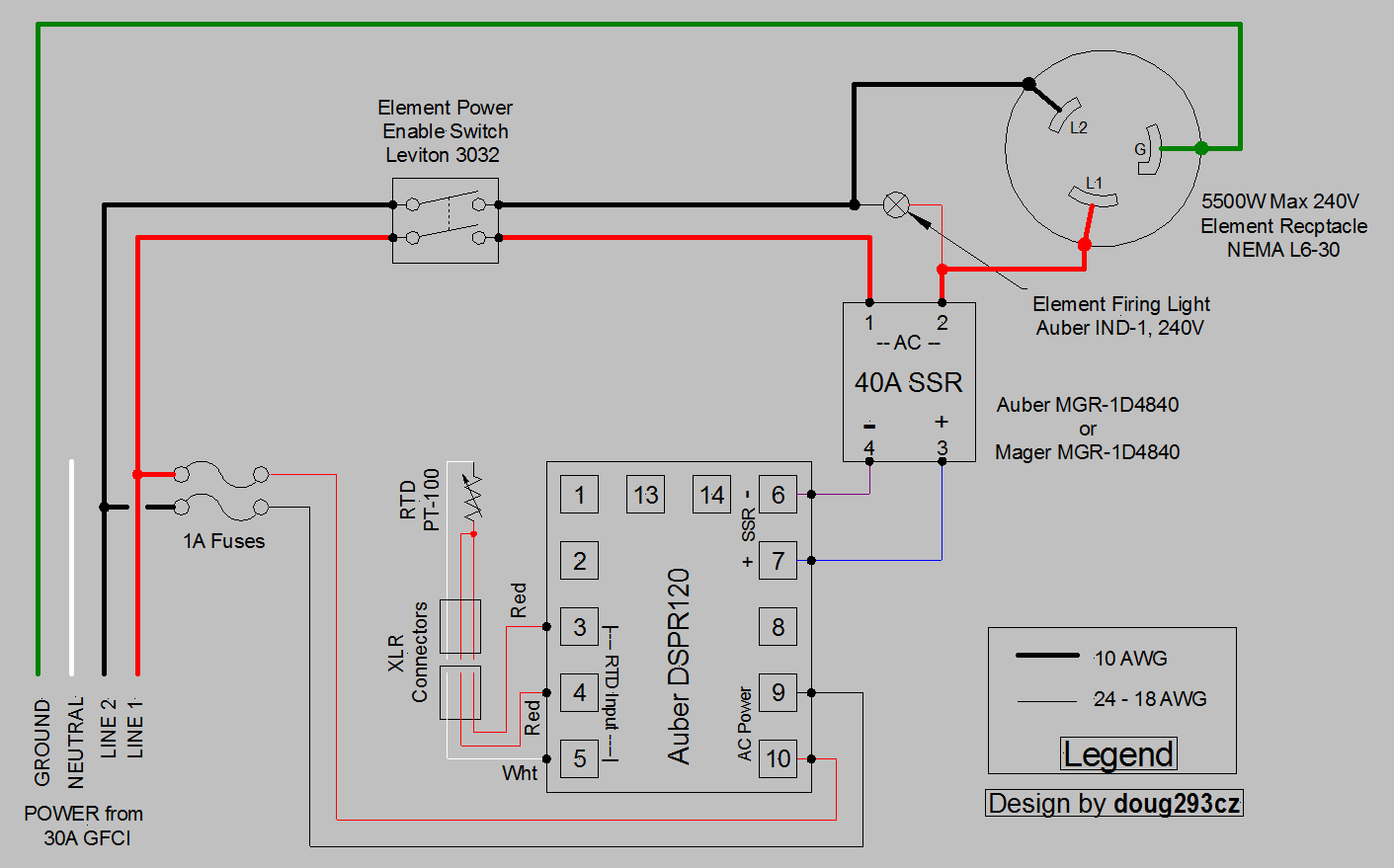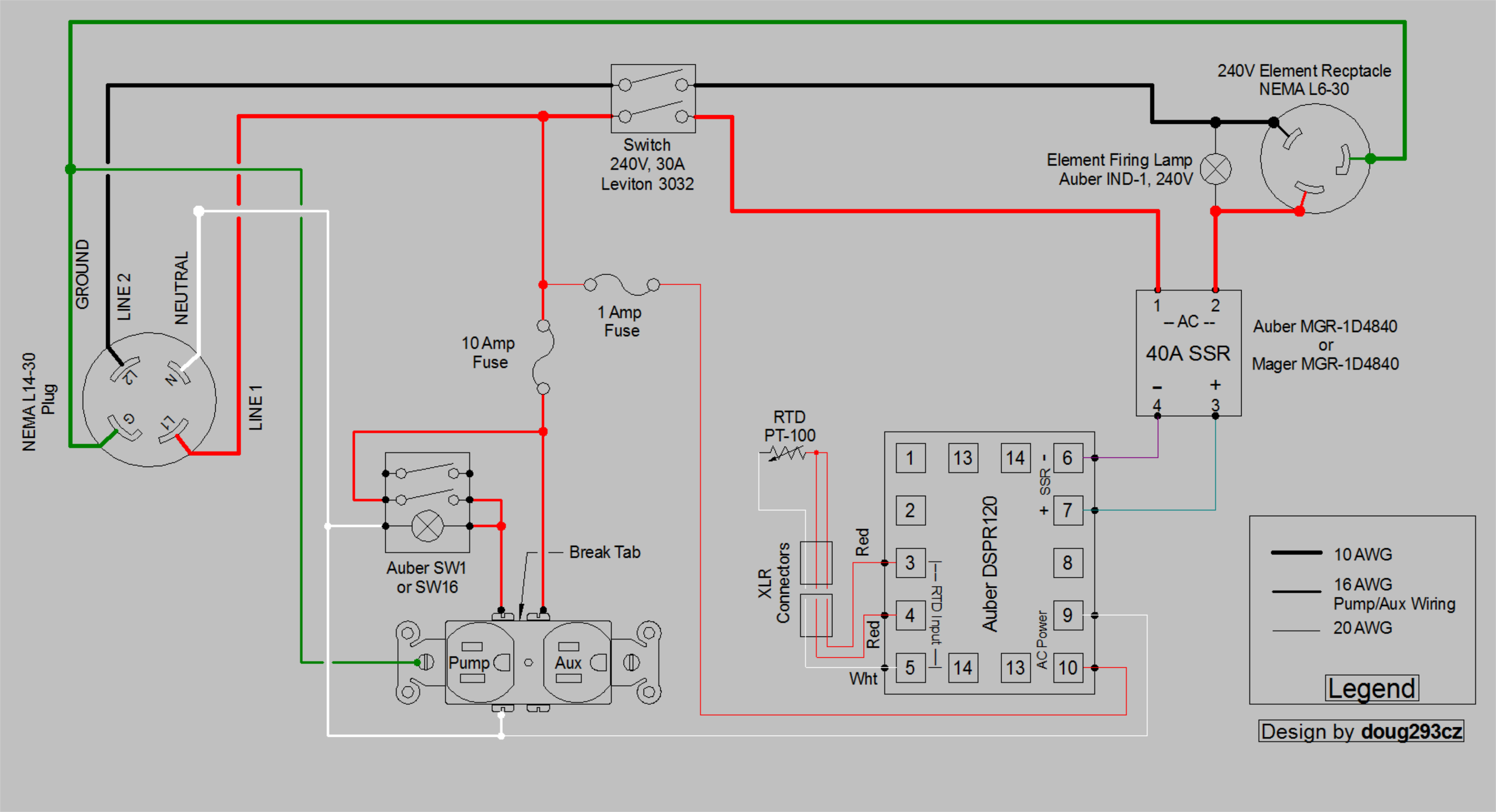stageseven
Well-Known Member
Hi all, I could really use some advice on getting my electric brewing setup started. I started a project to convert my basement into a brewing space probably 3 years ago, but due to various issues hadn't really made a lot of progress. I've finally gotten to a point where I'm able to get the construction side of things underway though. However, it looks like in that time there have been a lot of cool looking new products that have come out for electric brewing. My original plan was to have to buy a control panel and run a 30A 220V line to my basement for it, install heating elements in my pots, etc. Now though, after looking at products like the grainfather or brewers edge I'm wondering if it's more cost and time effective to just buy one of these products.
Currently I'm doing all grain with a 10 gallon cooler mash tun, batch sparging, and boiling in a 10 gallon SS pot on a stovetop with an immersible heating element to help speed up the boil. I'm not looking necessarily to do a bunch of automation of my process ever, as long as I can make the transition from my current kitchen setup to my basement without a lot of extra effort I'll be happy. I'm also definitely not interested in building my own control panel, at most I'd be buying a complete kit and putting it together myself but would really prefer something I can just use as is.
I'm wondering what the primary advantages are to a control panel setup like the Electric Brewery control panel are compared to something like the grainfather? What I have so far
Control panel:
Faster boil times for 220V
Able to use with existing equipment
Upgrade capabilities if I ever want to add pumps
Swap parts easier if anything breaks
Electric kettle:
110 capable, so no need to run new electric lines
No worrying about incompatible parts
Somehow seems to be cheaper in general
Some models have pumps/automation built in
Anything else I'm missing? Any recommendations for other products to look at? Thanks a bunch!
Currently I'm doing all grain with a 10 gallon cooler mash tun, batch sparging, and boiling in a 10 gallon SS pot on a stovetop with an immersible heating element to help speed up the boil. I'm not looking necessarily to do a bunch of automation of my process ever, as long as I can make the transition from my current kitchen setup to my basement without a lot of extra effort I'll be happy. I'm also definitely not interested in building my own control panel, at most I'd be buying a complete kit and putting it together myself but would really prefer something I can just use as is.
I'm wondering what the primary advantages are to a control panel setup like the Electric Brewery control panel are compared to something like the grainfather? What I have so far
Control panel:
Faster boil times for 220V
Able to use with existing equipment
Upgrade capabilities if I ever want to add pumps
Swap parts easier if anything breaks
Electric kettle:
110 capable, so no need to run new electric lines
No worrying about incompatible parts
Somehow seems to be cheaper in general
Some models have pumps/automation built in
Anything else I'm missing? Any recommendations for other products to look at? Thanks a bunch!




